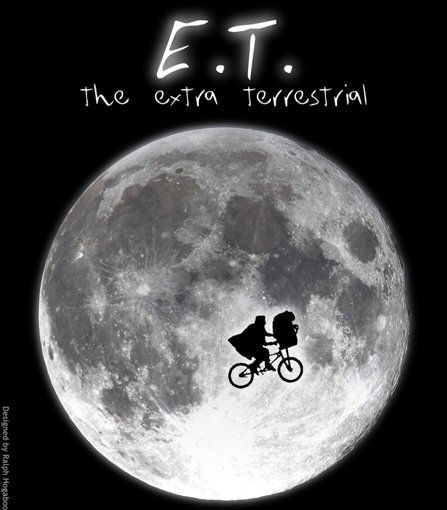
-
HOME
-
WHAT IS STANDOur Mission Our Values Our Help Contact
-
WHAT WE FIGHT FORReligious Freedom Religious Literacy Equality & Human Rights Inclusion & Respect Free Speech Responsible Journalism Corporate Accountability
-
RESOURCESExpert Studies Landmark Decisions White Papers FAQs David Miscavige Religious Freedom Resource Center Freedom of Religion & Human Rights Topic Index Priest-Penitent Privilege Islamophobia
-
HATE MONITORBiased Media Propagandists Hatemongers False Experts Hate Monitor Blog
-
NEWSROOMNews Media Watch Videos Blog
-
TAKE ACTIONCombat Hate & Discrimination Champion Freedom of Religion Demand Accountability
Do Scientologists Believe in Aliens?
One of the odd things about American culture these days is the dichotomy regarding belief in aliens.
As a Scientologist, I’m dismayed when I run into the epithet in the press or on TV that we “believe in aliens.” It’s always meant as a condemnation, of course.

For the record, I’ve been a Scientologist for over thirty years, and so far no one in the church has ever inquired about my belief in aliens or insisted—or even recommended—that I “believe.”
Belief, in Scientology, is a personal thing.
So this accusation by some antagonistic people that as a Scientologist, I therefore automatically believe in “flying saucers” is hard to wrap my wits around.
On the one hand, the quickest shorthand way to infer someone is crazy and therefore without value, is to say “he believes in aliens!”
On the other hand, the most popular entertainment franchises in the world concern themselves with the existence of alien races.
How can one have it both ways? Belief in aliens makes one totally “unworthy” of being considered mainstream, yet the most dominating mainstream films, the Star Wars and Star Trek juggernauts, for example, have both been active and growing for decades, showing no signs of decline.
Millions and millions of people consume these stories and have no problem whatsoever making the cognitive leap that such aliens might possibly populate the galaxy. Even one a long time ago and far, far away.
What does accusing another of “belief in aliens” really suggest? It would appear to be a rapid way to say: don’t listen to this person, don’t believe this person, this person, in short,is a NON-person.
Not to mention the fact that “you believe in aliens” is almost impossible to refute. How does one prove one DOES or DOES NOT believe in aliens?
Most people I assume, like me, hold the viewpoint that, in a universe as large as this one, there must be countless things about which little is known, and total certainty regarding the existence of other life-forms is unobtainable.
To say “aliens do NOT exist” is to make an adventurous and bold statement that is, frankly, quite against the grain of probability, not to mention the stated opinions of some of our most cherished scientific voices.

Carl Sagan, for example, is quoted as saying, “I’m frequently asked, ‘Do you believe there’s extraterrestrial intelligence?’ I give the standard arguments—there are a lot of places out there, the molecules of life are everywhere, I use the word billions, and so on. Then I say it would be astonishing to me if there weren’t extraterrestrial intelligence …”
That doesn’t sound like “aliens do NOT exist” to me. And he was a pretty smart guy.
Stephen Hawking said, “To my mathematical brain, the numbers alone make thinking about aliens perfectly rational.”
And Neil deGrasse Tyson said, “To declare that Earth must be the only planet with life in the universe would be inexcusably bigheaded of us.”
(Does anyone point at these guys and disparage them for “believing in aliens?” Oh, that’s right, they aren’t Scientologists.)
However, to say “aliens definitely DO exist” is also adventurous and bold, unless the speaker has had a personal experience with one, and of course, many say they have. Some are more believable than others, but it’s not a particularly rare claim, as anyone with access to Google can readily find out.
So, what does accusing another of “belief in aliens” really suggest? It would appear to be a rapid way to say: don’t listen to this person, don’t believe this person, this person, in short, is a NON-person.
As our culture splits more and more into starkly separate camps, with the chasms on issues like this one deepened by the shifting landscape of our times, it’s a dangerous thing to deal in false accusations of “the crazy stuff that other guy believes.”
By promulgating a false picture of what people of another faith believe or practice, the haters, with their inane and inaccurate accusations, show themselves to be the real aliens—to good manners.









